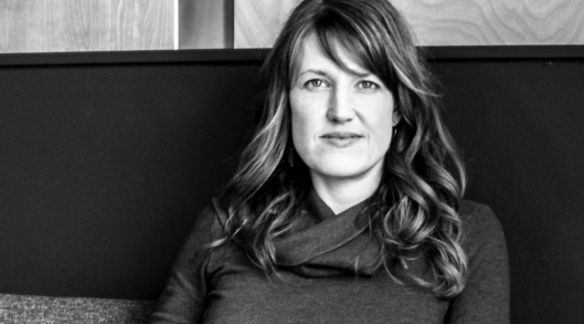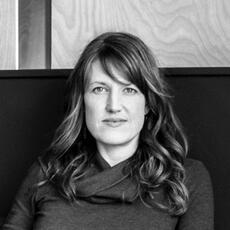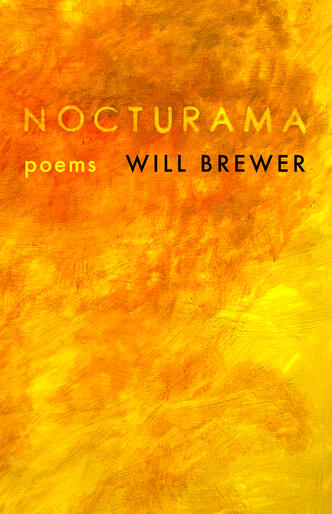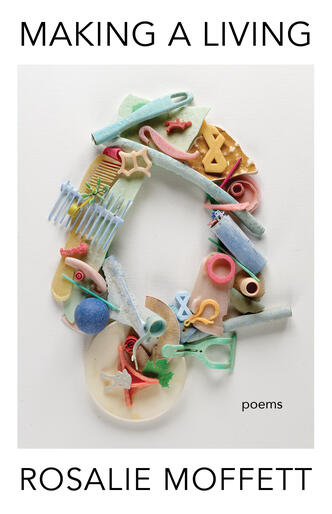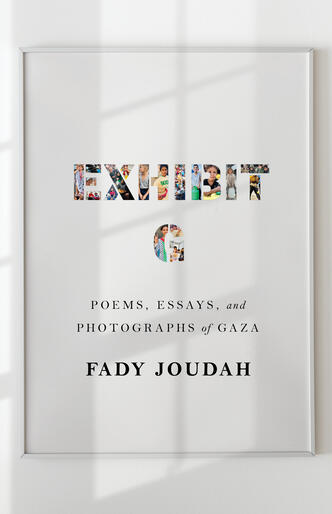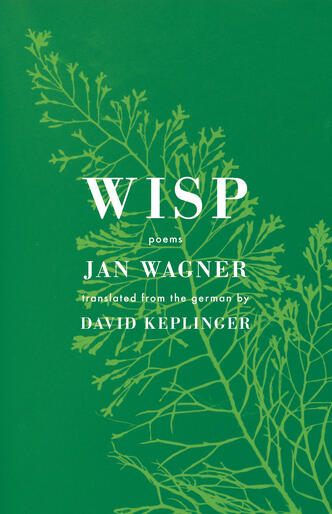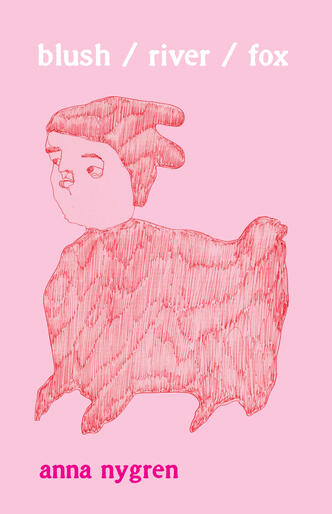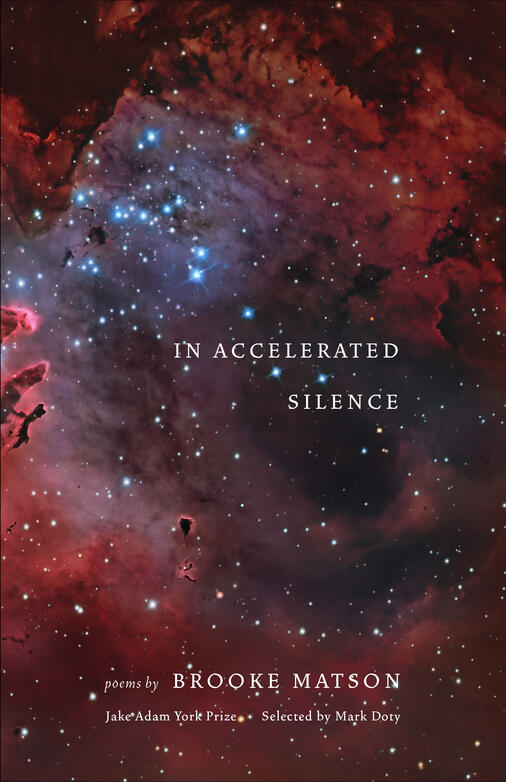
In Accelerated Silence
Finalist for the Housatonic Book Award in Poetry
“The thin knife that severed your tumor,” writes Brooke Matson in these poems, “it cleaves me still.” What to do when a world is split—terribly, wholly—by grief? When the loss of the beloved undermines the most stable foundations, the most sacred spaces, of that world? What else but to interrogate the very fundamental principles themselves, all the knowns previously relied on: light, religion, physical matter, time?
Often borrowing voices and perspectives from its scientific subjects, In Accelerated Silence investigates the multidimensional nature of grief and its blurring of boundaries—between what is present and what is absent, between what is real and imagined, between the promises of science and the mysteries of human knowing, and between the pain that never ends and the world that refuses to. The grieving and the seeking go on, Matson suggests, but there comes a day when we emerge, “now strong enough / to venture out of doors, thin // and swathed in a robe,” only to find it has continued “full and flourishing and larger than before.”
Sensual and devastating, In Accelerated Silence—selected by Mark Doty as winner of the Jake Adam York Prize—creates an unforgettable portrait of loss full of urgency and heartache and philosophical daring.
